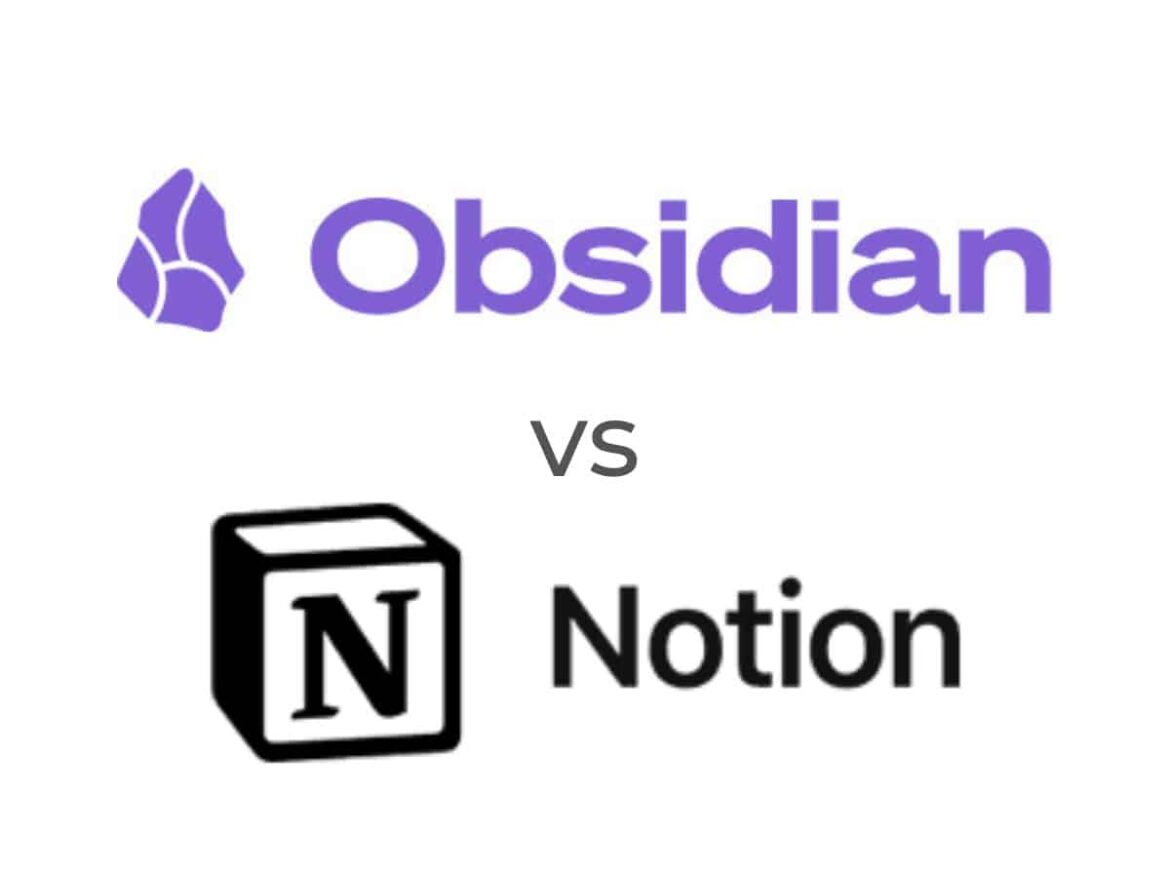Obsidian and Notion are two popular programs for organizing notes and projects, but they take different approaches. Learn more about the differences, advantages, and disadvantages of both tools and their possible uses in our comprehensive guide.
Obsidian vs. Notion: Differences and similarities at a glance
Obsidian and Notion are two of the most popular tools for taking notes and organizing information. Both offer unique features and serve different needs. What are the similarities and differences between these two programs?
- Obsidian is a locally based tool that uses Markdown files to easily link and organize notes. This offers the advantage that your data is not stored on external servers, which is a plus for privacy-conscious users.
- Notion, on the other hand, is a cloud-based platform that offers a wide range of features such as task management, databases, and calendars. This versatility makes it particularly attractive for teams that want to work collaboratively.
- While Obsidian scores with a flexible structure that allows users to link their notes as they wish, Notion offers a more structured environment with ready-made templates and an intuitive drag-and-drop interface.
- It’s also worth noting that Obsidian is available offline, while Notion requires an internet connection. This can be crucial for users who often work without network coverage.
Obsidian or Notion: The advantages of Obsidian in detail
Both programs have their strengths, but what advantages does Obsidian offer over Notion? Why might it be the better choice for certain users?
- A key advantage of Obsidian is its focus on data privacy. Since all data is stored locally on your device, you retain full control over your information without having to worry about data security in the cloud.
- Obsidian’s ability to organize notes in a connected system allows users to better visualize and represent complex trains of thought. This feature is particularly useful for researchers or writers working on large projects.
- Obsidian’s adaptability is remarkable. With a wide range of plugins, users can customize and extend the program to suit their needs, which is only possible to a limited extent with Notion.
- For users who value speed, Obsidian’s local storage offers faster performance when accessing files and notes, especially with large amounts of data.
Notion vs. Obsidian: What are the advantages?
Notion impresses many users with its intuitive interface and wide range of features. But what specific advantages does it offer compared to Obsidian?
- Notion’s all-in-one design makes it an excellent choice for teams working on collaborative projects. With integrated features such as task tracking, calendars, and databases, it often replaces several other tools.
- Another advantage of Notion is its visual interface, which makes it easy for users to organize and edit content using drag-and-drop. This is particularly beneficial for users who prefer a flexible yet structured working environment.
- The collaboration features in Notion are extremely well developed. Users can collaborate in real time, leave comments, and track changes, making teamwork much more efficient.
- Thanks to numerous templates and integrations, Notion easily adapts to different work styles and industries, whether for creative projects, business management, or personal organization.

